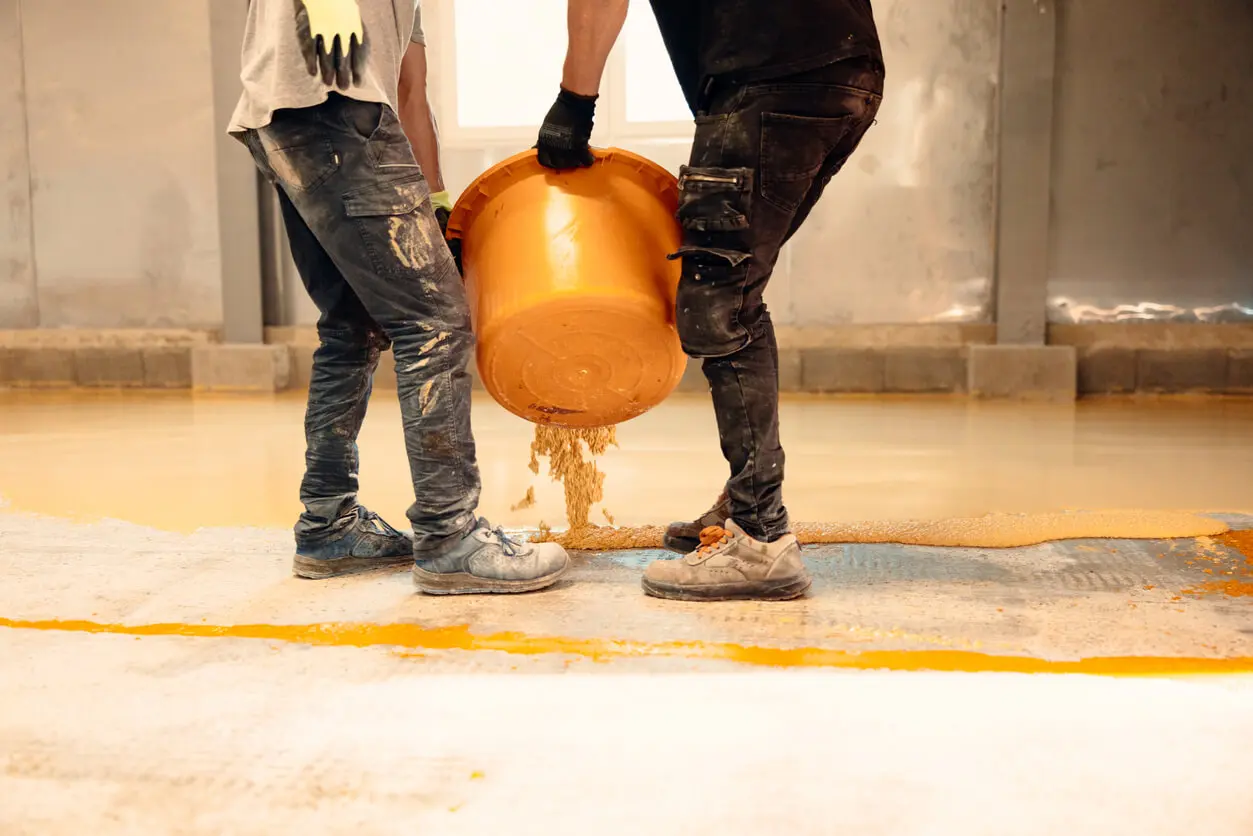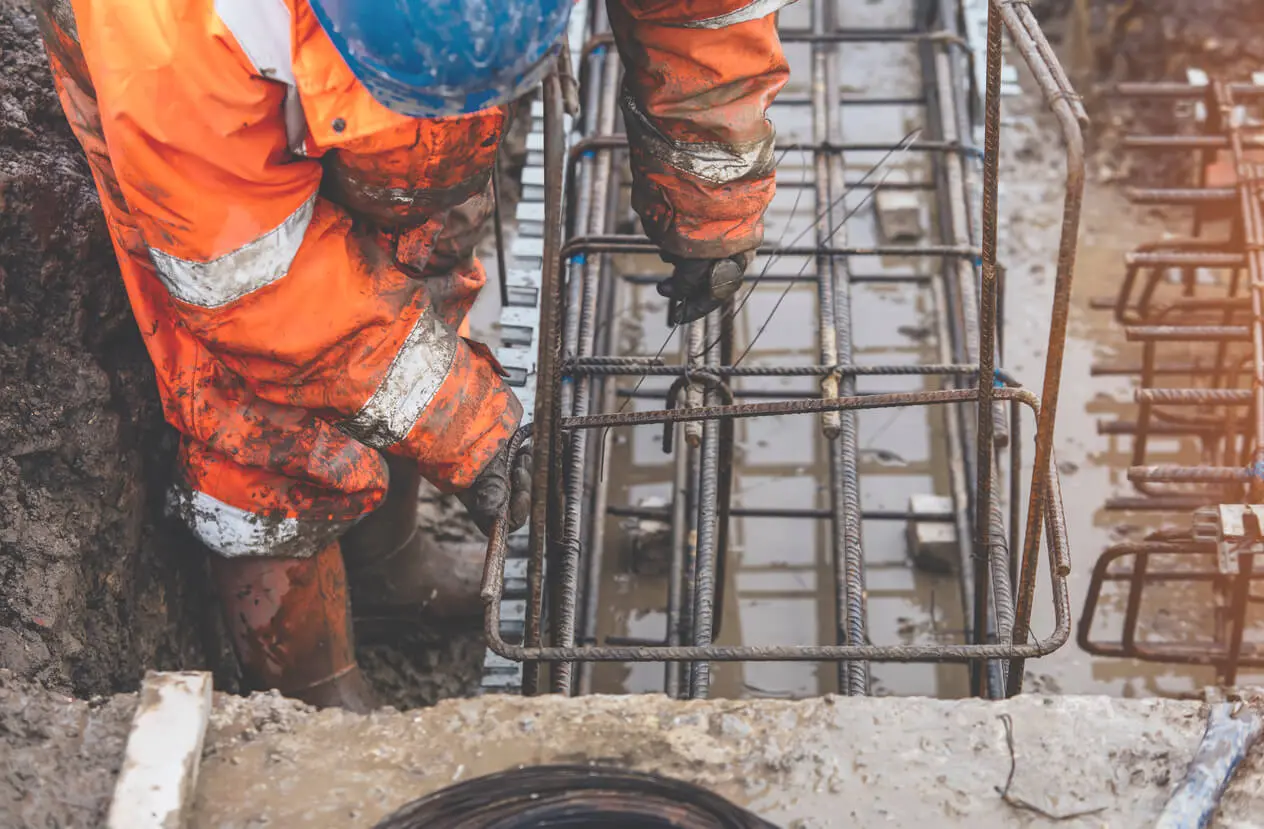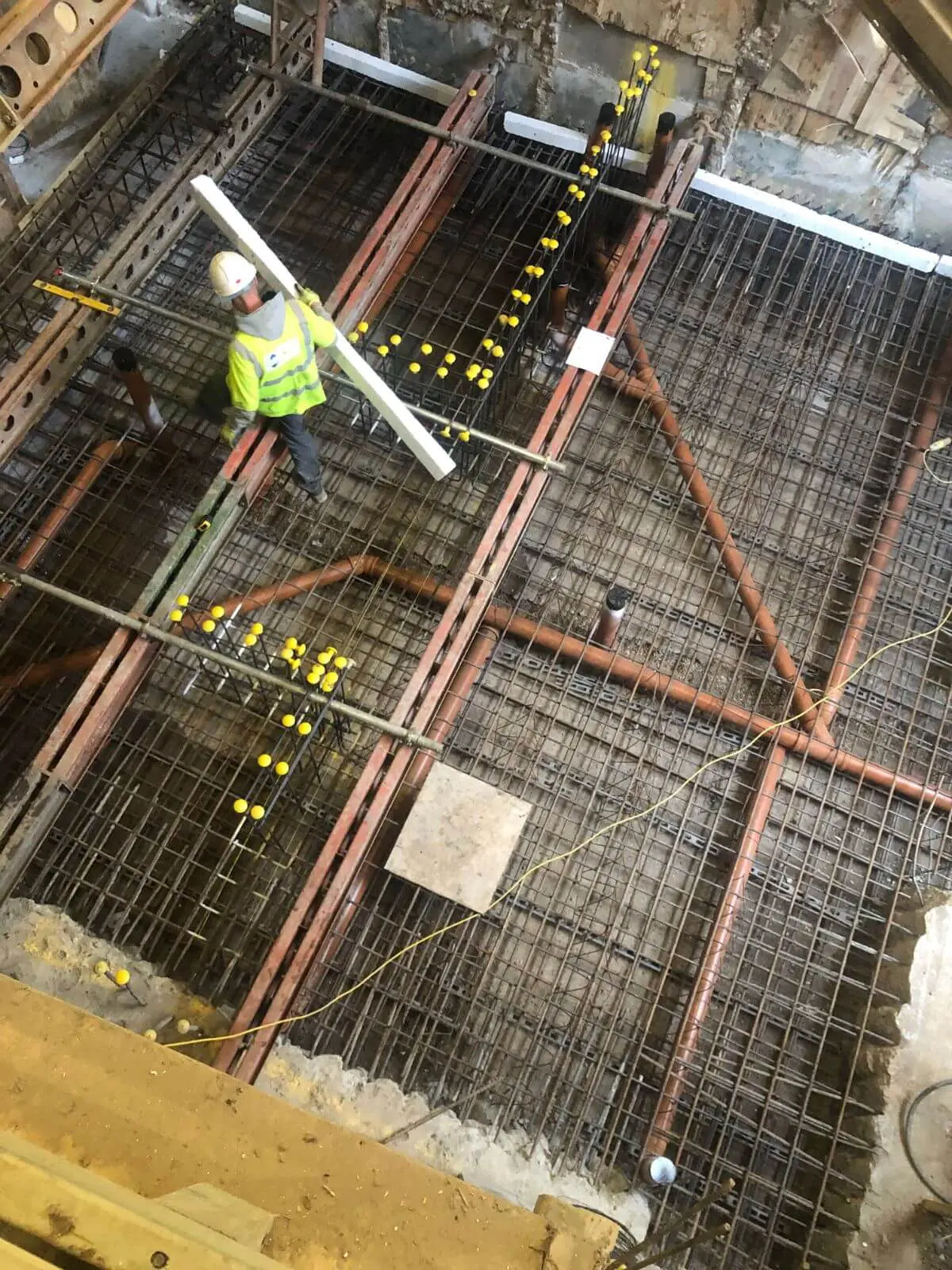
Waterproofing Your Basement: Essential Steps to Take Before Starting the Build
Building a basement is a significant investment and ensuring that it remains dry and protected...
London is known for its wet climate, and while the rain might be a charming feature of the city for some, it can be a significant challenge for property owners, particularly when it comes to keeping basements dry. The frequent rainfall and high groundwater levels can lead to serious issues for basement structures if they aren’t adequately protected. This is why waterproofing your foundation and basement is fundamental.
In a city where rain is a constant, foundation waterproofing is not just an added precaution—it’s a necessity. Exposure to moisture, whether from rain or groundwater, can lead to extensive damage if not managed effectively.
Water ingress is one of the most immediate threats. When water seeps into a basement, it can cause damp walls, mould growth, and long-term structural issues. In addition, prolonged exposure to moisture can weaken the building’s foundation, leading to cracks, settling, and even instability. Beyond physical damage, failing to protect your foundation can also reduce property value, as a damp or unstable basement is far less appealing to potential buyers.
Foundation waterproofing addresses these challenges by creating a barrier against moisture, preserving the structural integrity of the building, and ensuring that the basement remains a safe and usable space.
Basement waterproofing can be achieved through a variety of techniques and materials. The method you choose will depend on factors such as the type of property, the existing conditions, and your budget. Here are some of the most common techniques used in London for keeping basements dry:
Also known as positive side waterproofing, this approach involves applying a waterproof barrier to the exterior of the foundation. By stopping water before it enters the structure, exterior waterproofing provides robust protection.
For many London properties, this method includes the application of waterproof membranes made from materials like bitumen or EPDM. These membranes create a watertight shield around the foundation. Additionally, drainage systems such as French drains are often installed to divert water away from the building, reducing the pressure on the foundation walls.
While exterior solutions prevent water from entering, interior waterproofing focuses on managing any moisture that makes its way inside. Techniques such as applying cementitious coatings or epoxy sealants to walls and floors can help control dampness. However, for properties with high groundwater levels, a cavity drainage system is often the preferred choice. These systems include drainage membranes that channel water to a sump pump, which removes it from the building.
For new builds or major renovations, integral waterproofing offers a proactive solution. This involves adding waterproofing agents directly to the concrete mix during construction. These agents, such as crystalline additives, block water pathways within the concrete, ensuring the structure itself is water-resistant.
The key to preventing moisture and structural damage in your basement requires including a robust approach to foundation waterproofing and basement waterproofing. Here are some steps you can take to ensure your basement stays dry and your property remains structurally sound:
Regularly inspect your basement walls and floors for any signs of cracks or damage. Small cracks can allow water to seep into the basement, eventually leading to larger structural issues if left untreated.
Ensure that drainage systems around your property are functioning correctly. Clogged or damaged drains can lead to water pooling around the foundation, increasing the risk of moisture ingress.
A combination of basement waterproofing techniques often provides the best protection. For example, using an exterior waterproofing membrane alongside an interior cavity drainage system can help manage both direct water pressure and any moisture that enters the basement.
Combining exterior and interior waterproofing measures helps ensure that your basement remains dry even under extreme weather conditions. Exterior waterproofing prevents water from penetrating, while interior systems manage any residual moisture.
In areas with high groundwater levels, a sump pump is essential for managing water that collects in the basement. Sump pumps actively remove water from the basement, reducing the risk of flooding.
Basement waterproofing is a complex task that demands expertise. Hiring experienced professionals ensures that the chosen techniques and materials are tailored to the specific needs of your property.
Certified surveyors in structural waterproofing (CSSW) are equipped to assess a property’s unique requirements, from soil conditions to construction type. Their expertise ensures that the waterproofing system is both effective and durable. Professionals also have access to high-quality materials designed to withstand London’s wet climate, providing property owners with peace of mind that their foundation is protected for years to come.
The unpredictable and wet weather in London makes foundation and basement waterproofing essential to protect your property from water ingress and structural damage. By understanding the different waterproofing techniques and working with experienced professionals, you can ensure your basement remains dry, stable, and a valuable part of your property.
At BH Basements, we specialise in providing tailored waterproofing solutions to meet the needs of London’s unique climate. Whether you need exterior waterproofing, a cavity drainage system, or a combination of both, our team is here to help protect your property from the challenges of the city’s wet weather. Contact us today to learn more about our waterproofing services and how we can help keep your basement safe and dry.
For further information about BH Basements, please do not hesitate to get in touch. We are always happy to help.
For more captivating insights and expert advice, delve into BH Basements’ diverse range of blog articles.

Building a basement is a significant investment and ensuring that it remains dry and protected...

RC Framework How Reinforced Concrete Slabs Strengthen Your Commercial Basement’s Foundation Wed, 22 Jan 2025...

Building a basement, especially in a city like London, comes with it's own complications.